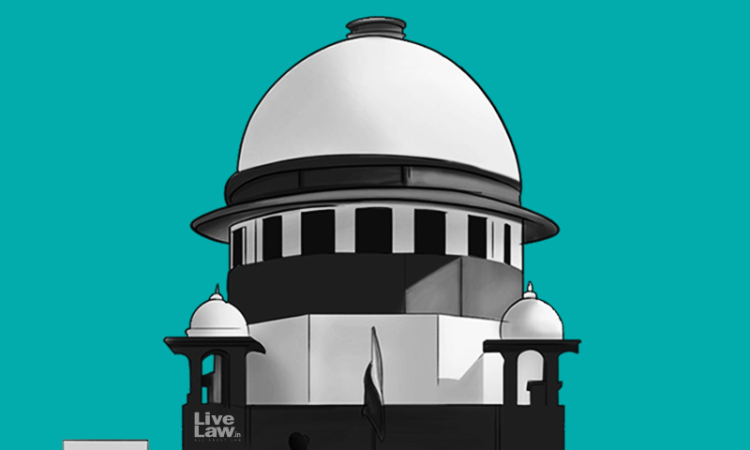- Home
- /
- Top Stories
- /
- Revenue Record Is Not A Document Of...
Revenue Record Is Not A Document Of Title : Supreme Court
Shruti Kakkar
6 Oct 2021 8:32 PM IST
The Supreme Court has observed in a judgment that revenue record is not a document of title. The Court added that a lessee would not be entitled to any right on the land only on the basis of an entry in the revenue record. The bench of Justices Hemant Gupta and V Ramasubramanian was hearing an appeal against the High Court's order wherein the Court had set aside the order dated July...
Next Story



